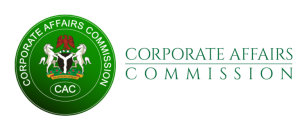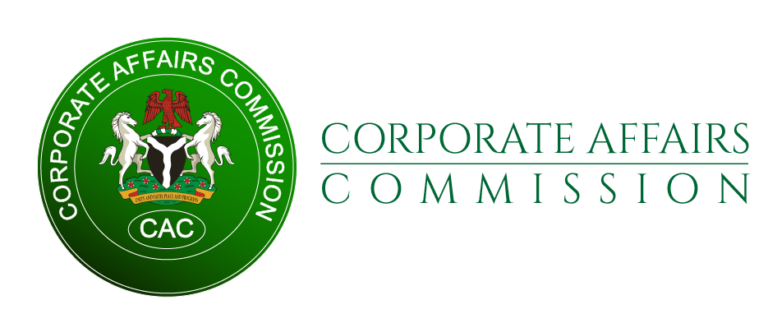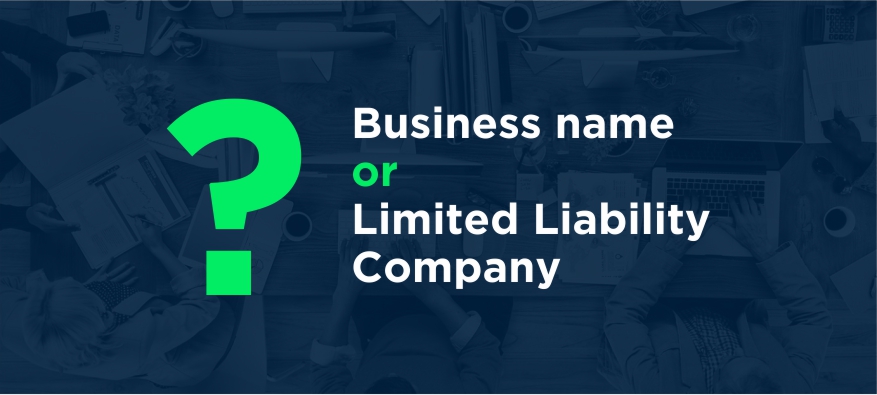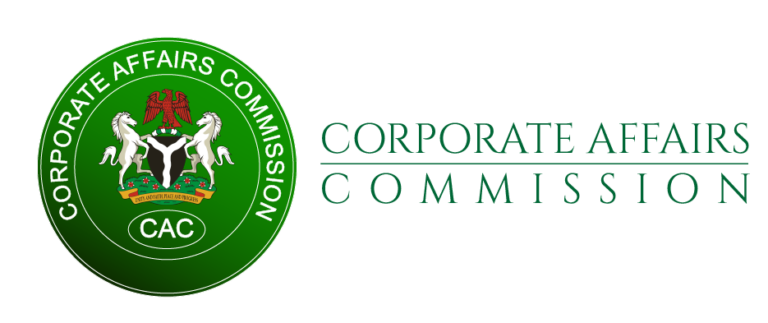
INTRODUCTION:
The Companies and Allied Matters Act (CAMA) of 2020 has brought significant changes to the corporate landscape in Nigeria. One important provision introduced by CAMA 2020 is the concept of a Person with Significant Control (PSC). In this article, we will delve into who qualifies as a PSC according to CAMA 2020, their functions, the requirements to be considered a PSC, their role within a company, and the procedures for their removal.
WHO IS A PSC ACCORDING TO CAMA 2020?
A Person with Significant Control (PSC) is an individual who exerts substantial influence or control over a company. According to CAMA 2020, a person qualifies as a PSC if they meet one or more of the following criteria:
Directly or indirectly holds at least 5% of the company’s shares.
Directly or indirectly holds at least 5% of the voting rights in the company.
Directly or indirectly has the ability to appoint or remove a majority of the directors of the company.
Exercises significant influence or control over the company through other means.
FUNCTIONS OF A PSC:
The primary function of a PSC is to ensure transparency and accountability within a company. They are required to disclose their interest and influence, providing stakeholders with valuable information about those who hold significant control. By doing so, PSCs help prevent fraudulent activities, promote good corporate governance, and enhance the overall trust and credibility of the company.
REQUIREMENTS TO BE A PSC:
To be considered a PSC, an individual must have a direct or indirect stake in the company that meets the threshold of at least 5% of the shares or voting rights, or possess the ability to appoint or remove a majority of the directors. It is crucial to note that the criteria for being a PSC may vary depending on the jurisdiction and applicable regulations.
ROLE OF A PSC:
The role of a PSC extends beyond mere ownership or control. They have a responsibility to act in the best interests of the company and its stakeholders. PSCs play a crucial role in decision-making processes, strategic planning, and ensuring compliance with legal and regulatory requirements. Their active involvement contributes to the growth and success of the company.
REMOVAL OF A PSC:
In certain circumstances, it may be necessary to remove a PSC from a company. The process of removing a PSC involves following the procedures outlined in CAMA 2020. This typically requires filing the appropriate forms, such as the Notice of Change of Particulars of a PSC, with the Corporate Affairs Commission (CAC) and providing the necessary supporting documentation to validate the change.
CONCLUSION:
The introduction of the Person with Significant Control (PSC) concept under CAMA 2020 marks a significant step towards promoting transparency and accountability in Nigerian companies. By identifying and disclosing individuals who hold substantial control, the PSC provision enhances corporate governance practices and safeguards the interests of stakeholders.
Understanding the qualifications, functions, and requirements of a PSC is essential for companies to ensure compliance with CAMA 2020. By adhering to these regulations, companies can foster an environment of transparency, trust, and good corporate governance, ultimately contributing to a robust and thriving business landscape in Nigeria.
Regville Associates offers end-to-end legal, secretarial, tax and compliance service for companies. Our services aid companies in achieving and sustaining compliance with regulations.
Feel free to contact us.
Tolulope Oguntade Regville Associates info@regville.com 08065111667







